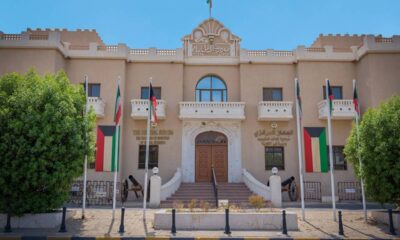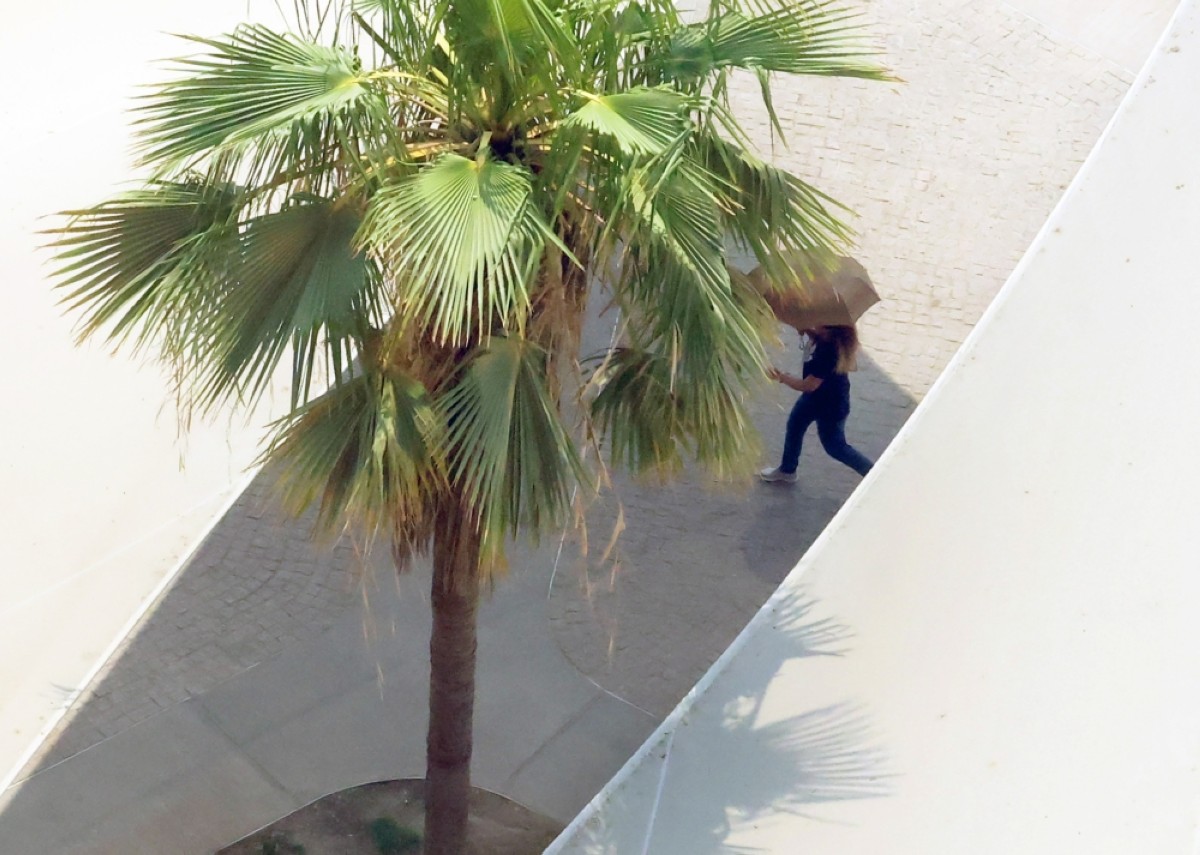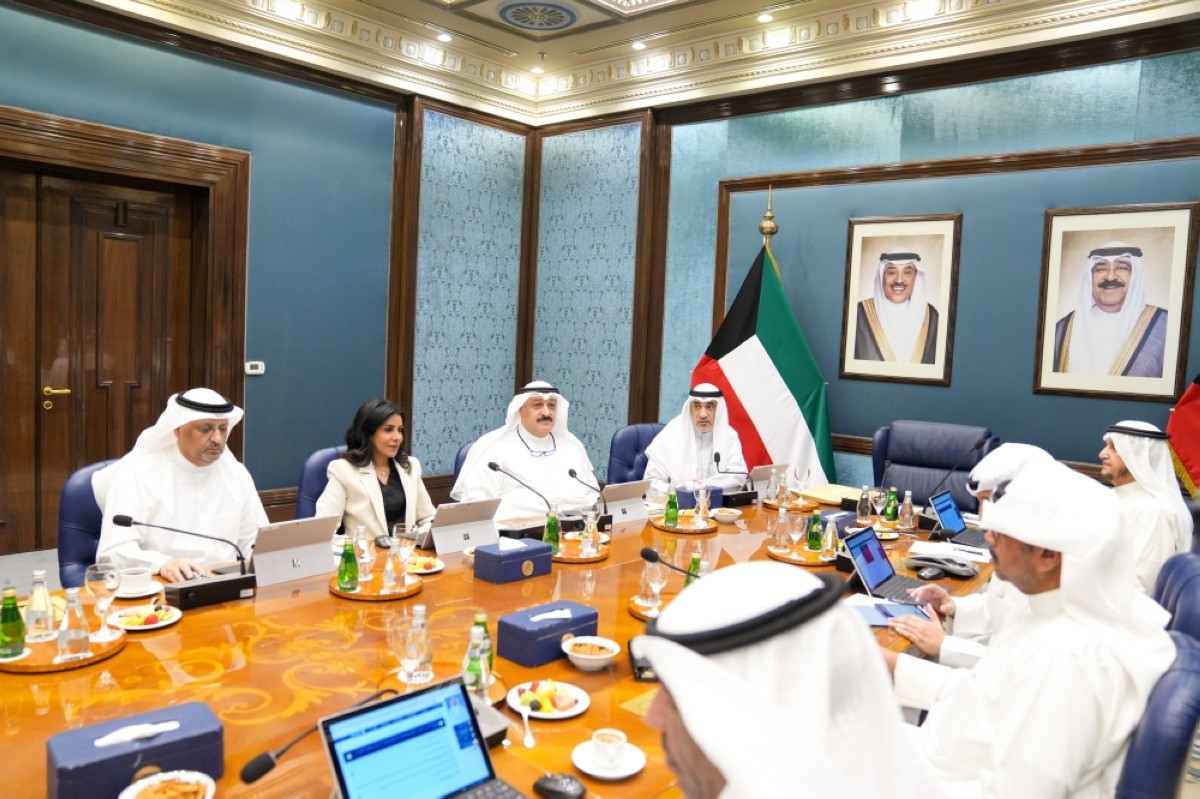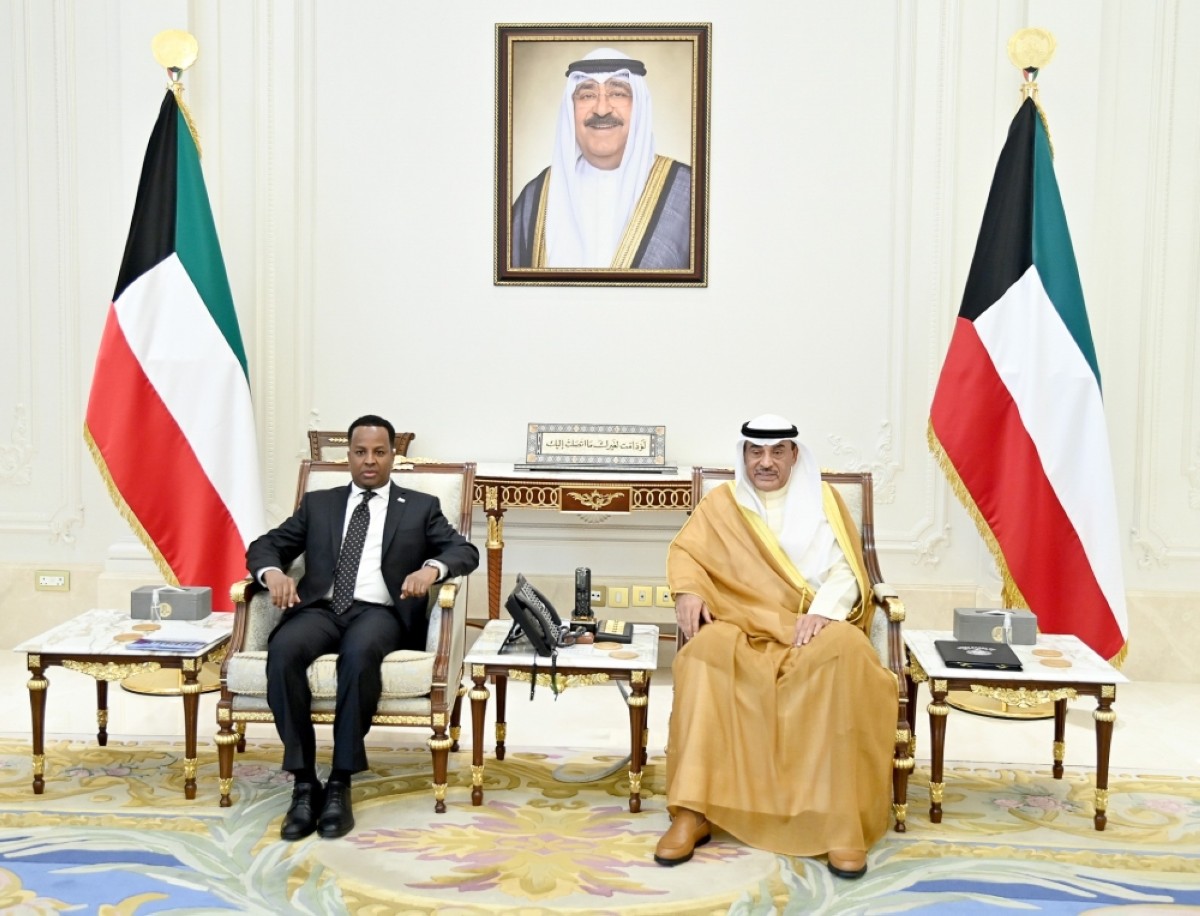KUWAIT: Kuwait has scrapped its long-standing restrictions on tourist visas for foreigners living in other Gulf states, drawing both praise and concern from the public.
A ministerial decision issued Sunday by First Deputy Prime Minister and Interior Minister Sheikh Fahad Al-Yousef Al-Sabah allows any foreigner with a valid Gulf Cooperation Council (GCC) residency of at least six months to receive a tourist visa at the border. The regulations, published in the official gazette Kuwait Al-Youm, take effect immediately.
The new rule cancels a 2008 regulation that limited visa-on-arrival privileges to certain professions, including doctors, engineers, lawyers, judges, university professors, and business executives. It also banned those holding travel documents other than passports from entering the country. Under the previous system, foreign residents in GCC countries who didn’t fall into those categories — such as service workers or their families — were ineligible for a tourist visa on arrival in Kuwait.
Airport struggles
Most welcomed the decision as a win for tourism and the economy. “This is a bold step, no doubt,” said Hamza Al-Ostad. “It would stimulate the economy and address past imbalances” while benefiting Kuwait financially, politically, and in tourism. “No to hate speech — Kuwait is the land of the Arabs, opening its heart to everyone. You are welcome here, honored and respected — before our homes, you’re welcome in our hearts,” he wrote.
However, some raised practical concerns about infrastructure readiness. With Kuwait International Airport’s immigration counters already limited and long queues common, there are worries the new decision could increase pressure on airport facilities. “We need more counters for issuing visas and receiving tourists — not like the current situation. This is a big matter and part of tourism marketing,” one commenter wrote on Twitter.
A Qatar-based user compared the change to Europe’s Schengen visa, saying it “allows residents to visit their families and relatives” while boosting tourism and supporting airlines, hotels, and restaurants.
Banned nationalities
Others expressed concern about the potential for increased congestion and residency violations. “Get ready for overcrowding and the buildup of expatriate communities and residency violators — meaning their residencies will expire, and they’ll stay on illegally,” wrote Dhaari Mahamad Al Anjiri. He stressed the importance of respecting residency and state laws to prevent further congestion in Kuwait’s small territory.
Kuwait has long struggled with residency permit abuses, where brokers import labor under the pretext of project needs that often lack real substance. Critics argue this undermines economic goals by diverting labor from productive uses and contributing to social and financial challenges. To combat this, Kuwait intensified crackdowns and passed stricter residency laws in November 2024, with the Interior Ministry regularly conducting enforcement campaigns.
Questions also remain over whether the new policy will affect entry restrictions on certain nationalities. Previously, holders of Iraqi and Palestinian passports were not eligible for visas, even as GCC residents. Some commenters raised concerns about whether Zionist entity passport holders living in GCC countries could be allowed entry. Kuwait has long maintained a strong stance against normalization with the entity. The country enforces a strict boycott at both government and public levels, banning all sporting and commercial dealings. Zionist entity financial instruments are also prohibited, and Zionist entity citizens are not allowed to enter the country.
“So will Israelis living in some Gulf countries be allowed into Kuwait?” asked Ahmad Al-Failakawi. Another user, Abdullah Alaiban, wrote: “No word about the Zionists in the countries that have normalized relations?!” The Interior Ministry has yet to clarify how these restrictions will be applied under the new visa rules.
At a glance
GCC residents eligible: Foreign nationals with valid residency permits in any Gulf Cooperation Council (GCC) country for at least six months can now obtain tourist visas on arrival in Kuwait.
Previous restrictions: The old 2008 rule limited visa-on-arrival eligibility to certain professions (for example: Doctors, engineers, lawyers, judges, professors, business executives). The new ministerial decision cancels these restrictions.
Passport exceptions: Under previous regulations, residents holding Iraqi or Palestinian passports were not eligible for tourist visas, even if they had valid GCC residencies. It remains unclear if the new policy changes this.
Zionist entity nationals: Kuwait maintains a strict ban on entry and dealings with Zionist entity passport holders, consistent with its longstanding boycott policies. The new visa policy does not officially change this stance.
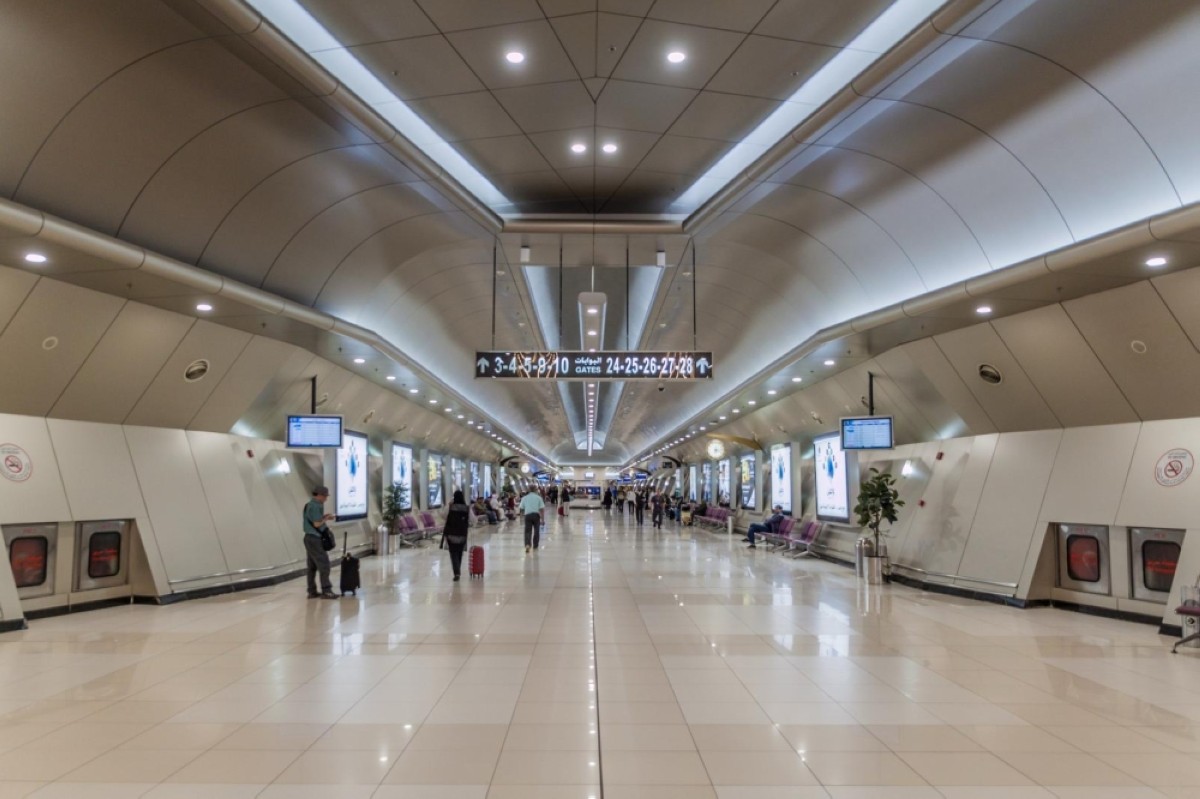

 Latest News4 hours ago
Latest News4 hours ago
 Business10 hours ago
Business10 hours ago
 Business11 hours ago
Business11 hours ago
 Latest News10 hours ago
Latest News10 hours ago
 Politics14 hours ago
Politics14 hours ago
 Latest News13 hours ago
Latest News13 hours ago
 Latest News3 hours ago
Latest News3 hours ago
 Politics8 hours ago
Politics8 hours ago
